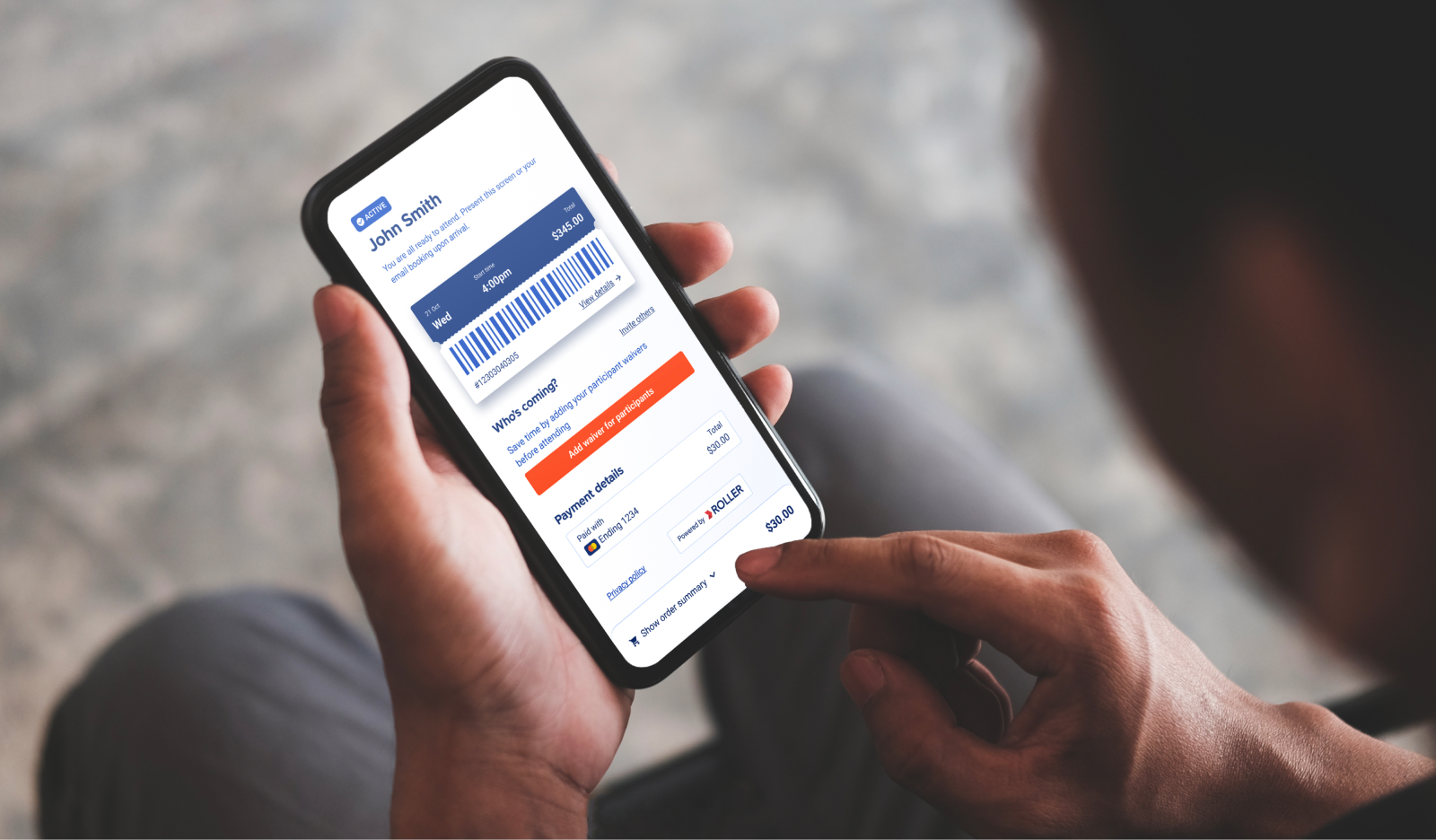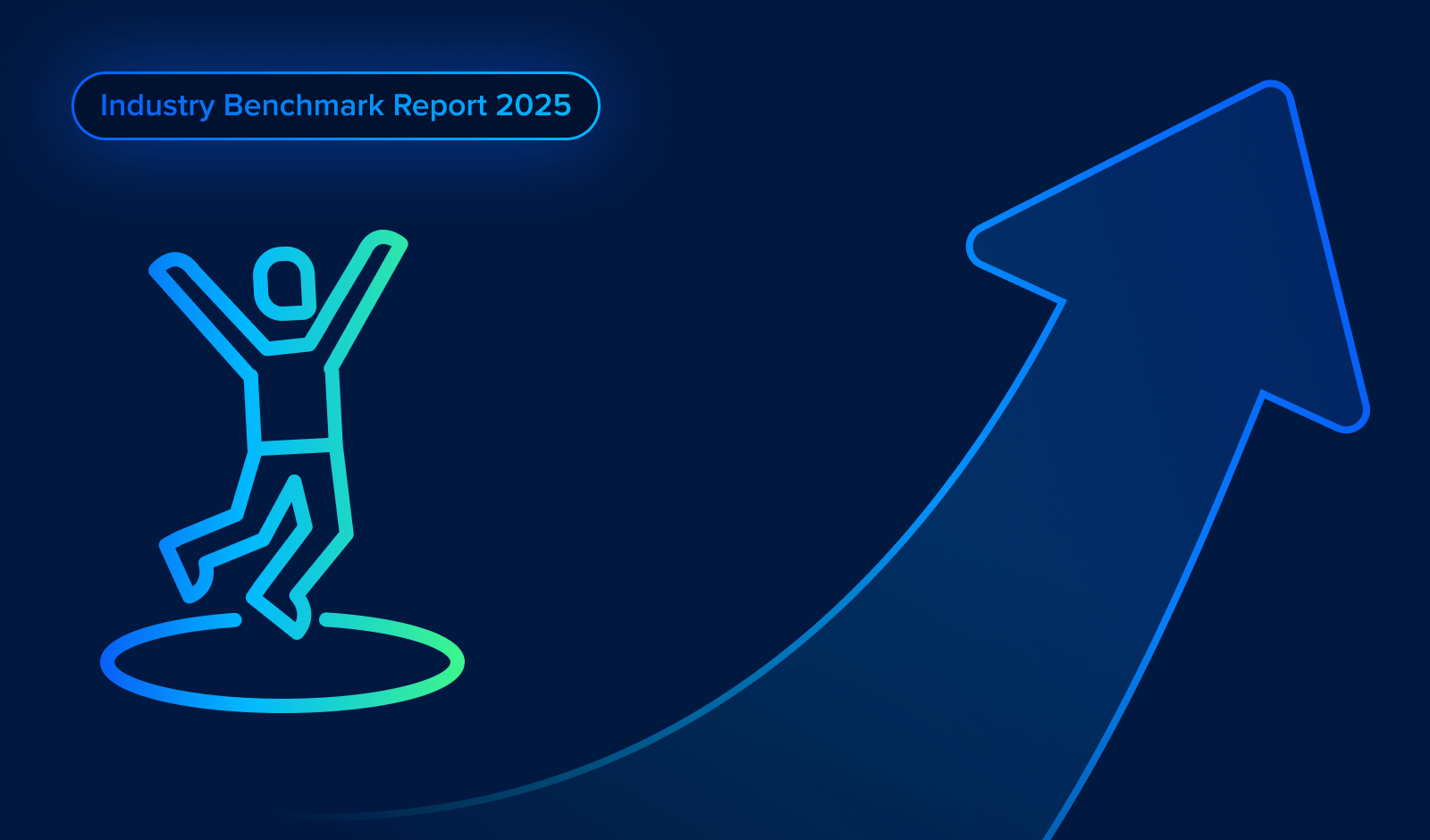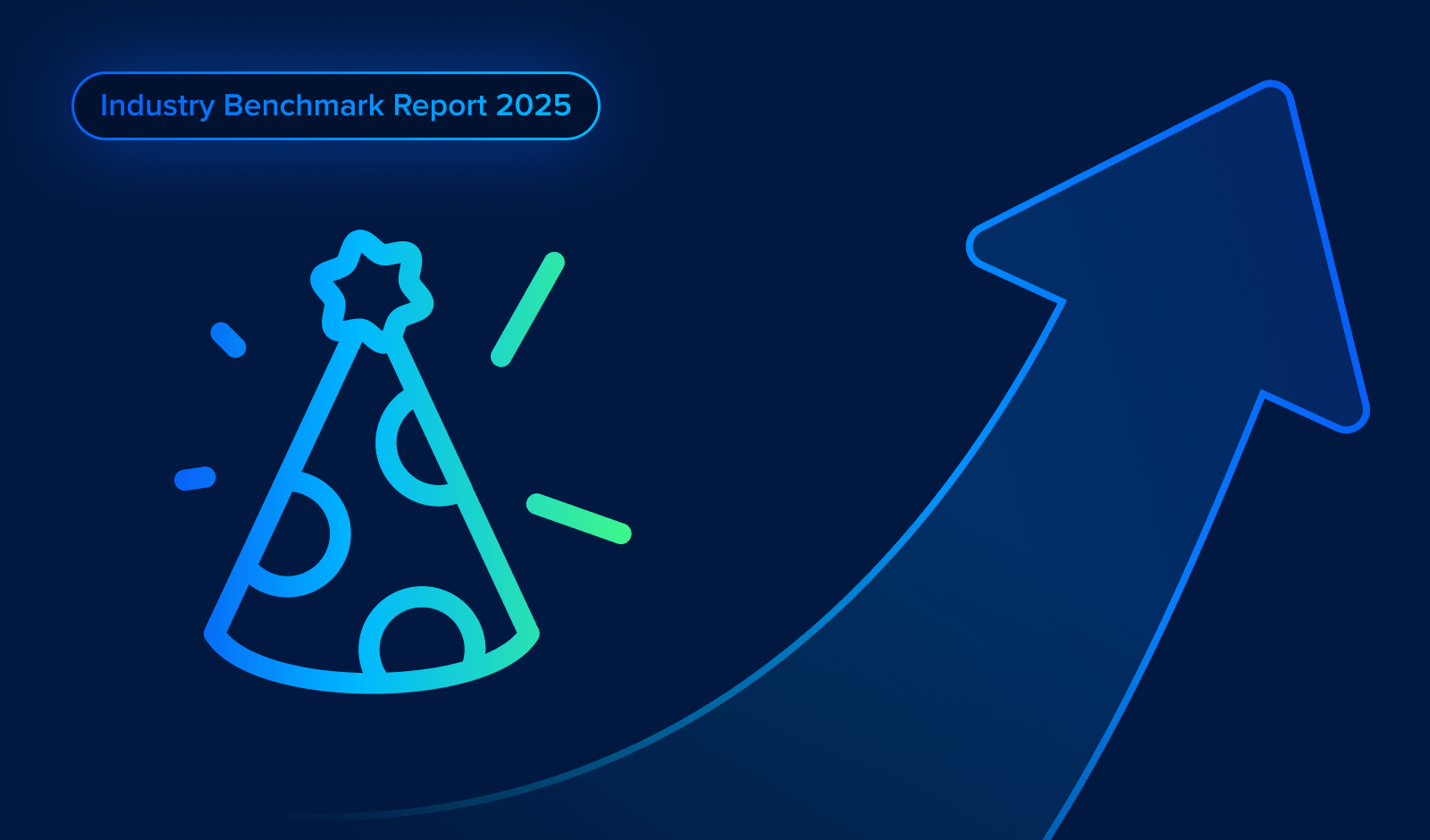Technology is growing rapidly, and as a result, our ways of communication, work, and consumption of leisure activities continue to evolve. With this evolution, our expectations regarding the speed and efficiency of these processes have also increased. For those in the attractions, entertainment, and leisure industry, staying well-informed about these technological advancements is crucial as they can significantly impact business operations.
The choices made regarding adopting technology play a pivotal role in ensuring that a business remains competitive and relevant in today's fast-paced world. In this blog, we will discuss five key signs indicating a business's need to upgrade its software.
1. Your guests are frustrated doing business with you
Guest satisfaction is the lifeblood of any business. When guests encounter friction or difficulty while interacting with your venue, it can have severe consequences. Modern consumers have high expectations for user-friendly experiences. If they find booking tickets, making reservations, or engaging with your services challenging, they will likely form a negative perception of your brand. Then, their negative impression could spread through word-of-mouth, social media, or online reviews, causing reputational damage and lost business opportunities.
Businesses must continually assess their user interfaces and streamline guest interactions to overcome this. User-friendly software simplifying processes can make delighted guests more likely to return and recommend your services to others.
2. Your business goals cannot be achieved with your current software
In the pursuit of success, businesses are constantly looking for ways to boost efficiency and productivity while reducing costs. Outdated or inflexible software can act as a significant roadblock in this quest. The inability to adapt and scale with the changing needs of your business can limit your revenue potential and hinder your cost-saving efforts. To stay competitive, you need software that grows with you, allowing you to offer new products and services that cater to evolving guest demands.
Moreover, the right software can automate routine tasks, streamline workflows, and provide valuable insights through data analytics. It's not just a matter of upgrading; it's about investing in a software solution that is a strategic partner in achieving your business goals.
Read next: How WhoaZone Reduced Admin Time By 50%
3. Your competitors are overtaking you
The business world is divided into those who embrace technological innovations early and those who lag. The 'Diffusion of Innovations Theory' by Professor Everett Rogers categorizes these groups. Early adopters often have a technological advantage but face the risk of unproven technology failing to meet expectations. However, late adopters may mitigate this risk but are competitively disadvantaged.
Businesses must make well-informed decisions about when and how to adopt new technologies to navigate this landscape successfully. Being aware of industry trends and choosing proven, reliable technologies can help you stay competitive while avoiding unnecessary risks.
4. It’s been a while since your last update
The frequency of software updates is a critical consideration. Just as you wouldn't want to use an outdated mobile phone or laptop, you shouldn't expect outdated software to meet the demands of your evolving business. Frequent updates from your software provider ensure you have access to the latest features and improvements and demonstrate their commitment to meeting customer needs.
Outdated software can become a bottleneck, restricting your ability to take advantage of new business opportunities or meet emerging challenges. Embracing the regular evolution of your software is essential for maintaining a competitive edge and improving operational efficiency.
5. You are spending too much time and money maintaining your current system
Maintaining outdated systems can be a drain on your resources. It's the direct cost of maintaining old hardware and software and the productivity losses accumulated over time. Outdated systems often require more time and effort to keep them operational, diverting resources from more strategic activities.
Additionally, finding expertise to support legacy systems can be challenging as knowledge of older technologies becomes scarcer. Employees and guests may also become frustrated using outdated interfaces, decreasing morale and satisfaction.
When assessing a software upgrade's cost and return on investment, consider the long-term benefits of increased productivity, reduced maintenance costs, and improved user experiences. The cost of maintaining outdated systems can be significantly higher than the investment required for a software upgrade, making it a prudent choice for long-term business sustainability.
Upgrading your software is an essential strategic move
In summary, the decision to upgrade your software is not just a matter of technology; it's a strategic move that affects guest satisfaction, operational efficiency, competitiveness, and overall business success. Regularly evaluating your software's ability to meet these criteria and staying informed about industry advancements is vital for thriving in the dynamic attractions and leisure industry. Upgrading your software isn't merely about keeping up; it's about leading the way and ensuring your business remains adaptable and resilient in the face of technological change.
In a world where technology is evolving at an unprecedented pace, staying competitive and delivering a superior customer experience heavily relies on adopting the right software solutions. Regularly evaluating your software and being prepared to upgrade when necessary is a crucial strategy for success in the ever-changing landscape of the attractions, entertainment, and leisure industry.
If you're considering upgrading your venue's ticketing system, point-of-sale, or CRM systems or simply want to explore what ROLLER offers, do not hesitate to contact us for more information.
Read this next: Top Benefits of Cloud vs On-Premise Software



